GOTY 2020: Nicola Ardron
2020 has been a weird year. On a personal level, it has been awful. Covid 19 has taken its toll on my family, not only through personal loss but also stress over loss of work and some personal health anxieties. I have been incredibly grateful for games. They have been a crutch and a means to hide from much of the horror that the year has brought, and as gamers, we have been incredibly lucky with a frankly staggering year of quality games released throughout the whole of 2020. It is astonishing to me that games have been coming out at all, especially at the rate they have, when taking into account the logistics of doing so. The fact that they have also released with such quality is amazing. It has been a great year to be a gamer
At the time of me writing this, there are still games to release that could well have ended up on this list had they been released earlier, but unfortunately, they weren’t. Deciding these sorts of lists is always a challenge for me, and especially this year as I have played some truly great ones, as well as missed a lot that my peers consider excellent too. There are plenty of titles that I wanted to include in this shortlist, but for various reasons they haven’t made it. I want to give particular mention to a few that just missed the cut – the utterly bizarre Paradise Killer, the minimalist In Other Waters, the deeply moving Kentucky Route Zero, and the superbly confident Hades. Each of these games are excellent and you should try them all, but for now onto my list.
5: Deep Rock Galactic
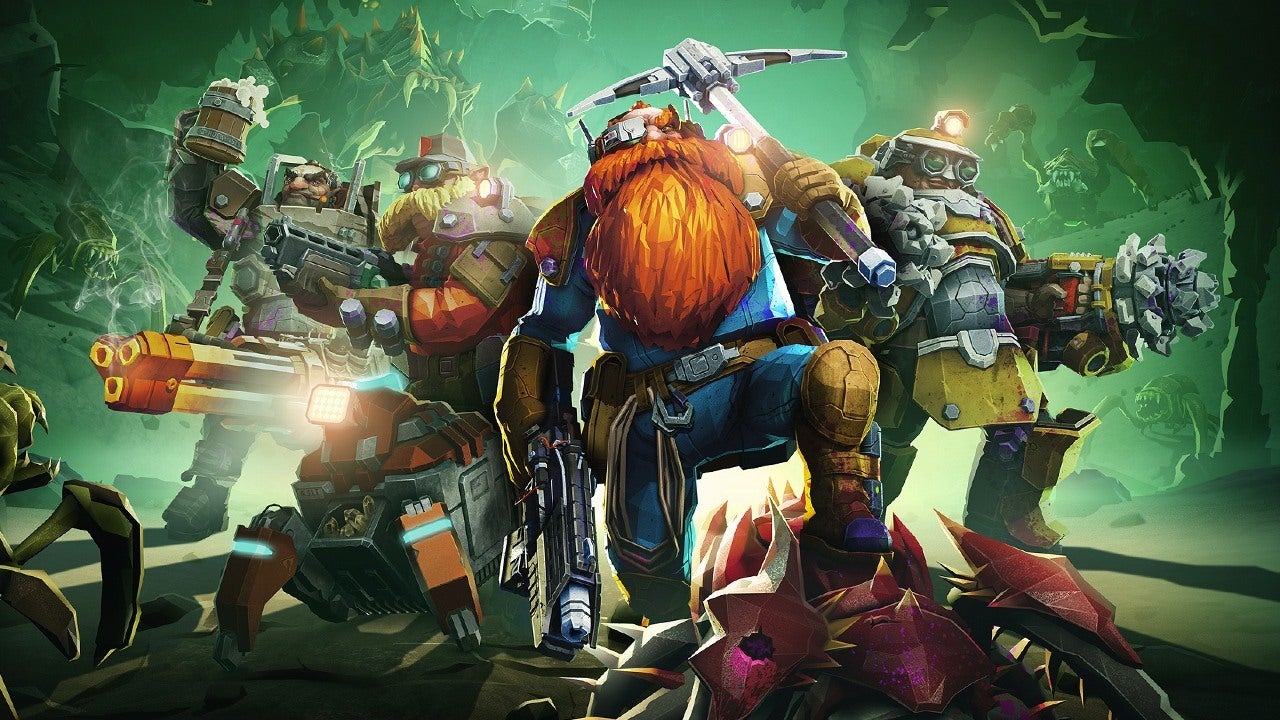
I came to Deep Rock Galactic fairly late. It seems to have been released with very little coverage and certainly with very little fanfare. It is a crying shame because it is a wonderful game, made all the better with a group of friends.
Gameplay is a mixture of horde survival, exploration, and environmental puzzle solving. You and your friends are a band of dwarves employed by a cartoonishly corrupt space mining corporation, one where the equipment and minerals you are sent to mine are more important than your lives. Mission objectives are varied, from being sent to mine a certain quota of mineral, recovering company equipment from another dig that went horribly wrong for your colleagues, to escort missions to protect an anthropomorphic digger called “Loretta” while it digs for an incredibly rare and valuable mineral.
There are four different dwarf classes to choose from, each with their own special traversal methods and firepower. The Engineer comes equipped with a shotgun and grenade launcher, but they can also build deployable turrets and generate expandable platforms to move around. The Gunner is your team’s grunt, he wields a minigun and can deploy a shield that the various enemies can’t enter, and they can also create zip lines for getting to hard to reach places. If you are looking for more light in the caverns the Scout can fire a flare into the ceiling to provide a more stable light source for your crew to work with, they also have a grapple hook for getting around, but rely heavily on the Engineer’s platform building skills to be of any use. Finally, there is the Driller who comes equipped with two massive drills attached via a sort of exosuit to his arms. His main weapon is also a flamethrower and as the enemies are all varieties of massive nightmare-inducing bugs, there is no better weapon to deal with them than fire.
The environments you are sent into are all procedurally generated, so you are never going through the same spaces and they all generate their own level of challenge meaning there is a heavy reliance on teamwork to get missions done. Upon successful completion, you can spend your gold and other resources on a variety of upgrades for your equipment or more importantly purchase an array of luxurious beards and moustaches to make your Dwarf your own. To keep you interested there is a deep and extensive end game process with an involved upgrade process, the ability to create different builds for different situations, and the addition of deeper and more complicated caves to dive into. It is all underwritten with a light sense of humour as well that runs right through it, and it is an absolute blast to play with friends.
4: The Last of Us Part II
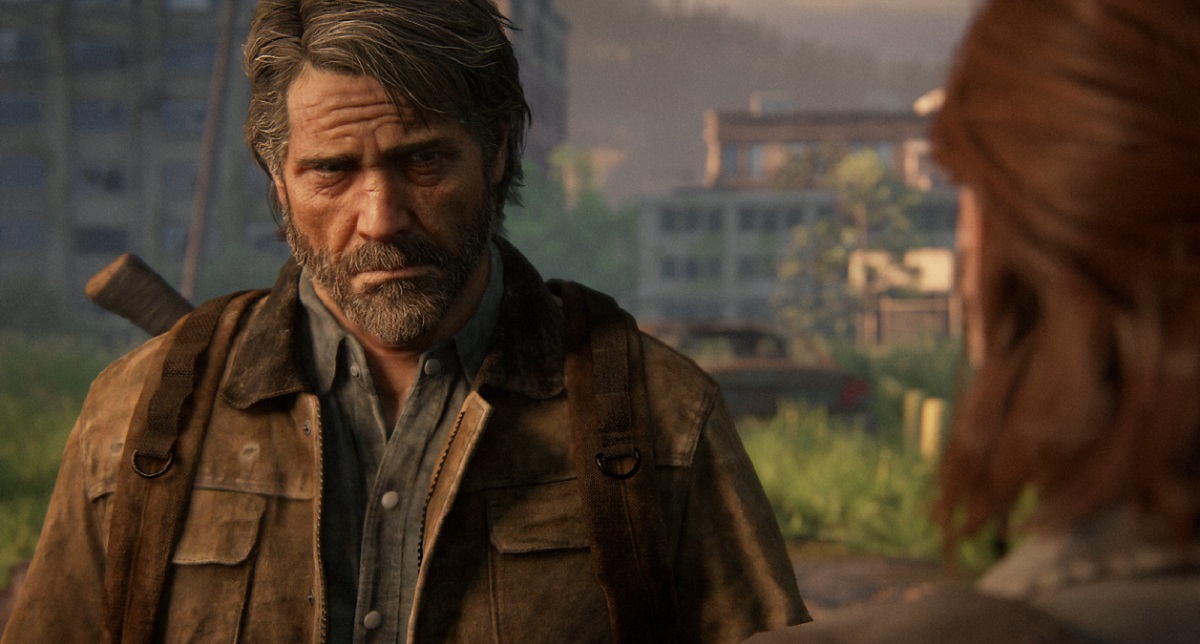
The Last of Us Part II is a difficult game to recommend. It is, of course brilliantly executed with a mature story, superb performance capture, and incredible technical detail. It is also relentlessly grim from start to finish.
If I am going to be completely honest, I don’t like or agree with some of the narrative choices made within the game, but I was captivated all the way. It is hard to talk about such a heavy narrative-driven game without venturing into spoiler territory, but I found myself veering wildly in terms of who I was rooting for while playing. The scale and scope of what you are asked to do is staggering, and you are asked to do it in consistently beautiful environments.
I have often thought that Joel was the villain in the first game, despite him doing what he does from a place of love. I think we have been conditioned as players to always believe we are playing the hero in the stories, and whereas Joel’s decision at the end of The Last of Us was understandable, maybe even something I would have done if faced with that choice, I have never thought it was the right one. The Last of Part II smashes this into your face over and over and over again. I have seen it described as misery porn, and I do not disagree with that sentiment. The world of The Last of Us Part II is horrific, in every way. The very process of survival in a cruel, violent world has stripped the survivors of anything remotely resembling humanity. There are some brief moments, but for the most part, they are few and far between. The people in The Last of Us Part II are desperate and despicable in equal parts, and for me the villain of the piece is again someone we expect to be the hero. It is uncomfortable to play, but no other game this year has had me thinking about it so long after I finished it.
3: Hunt: Showdown
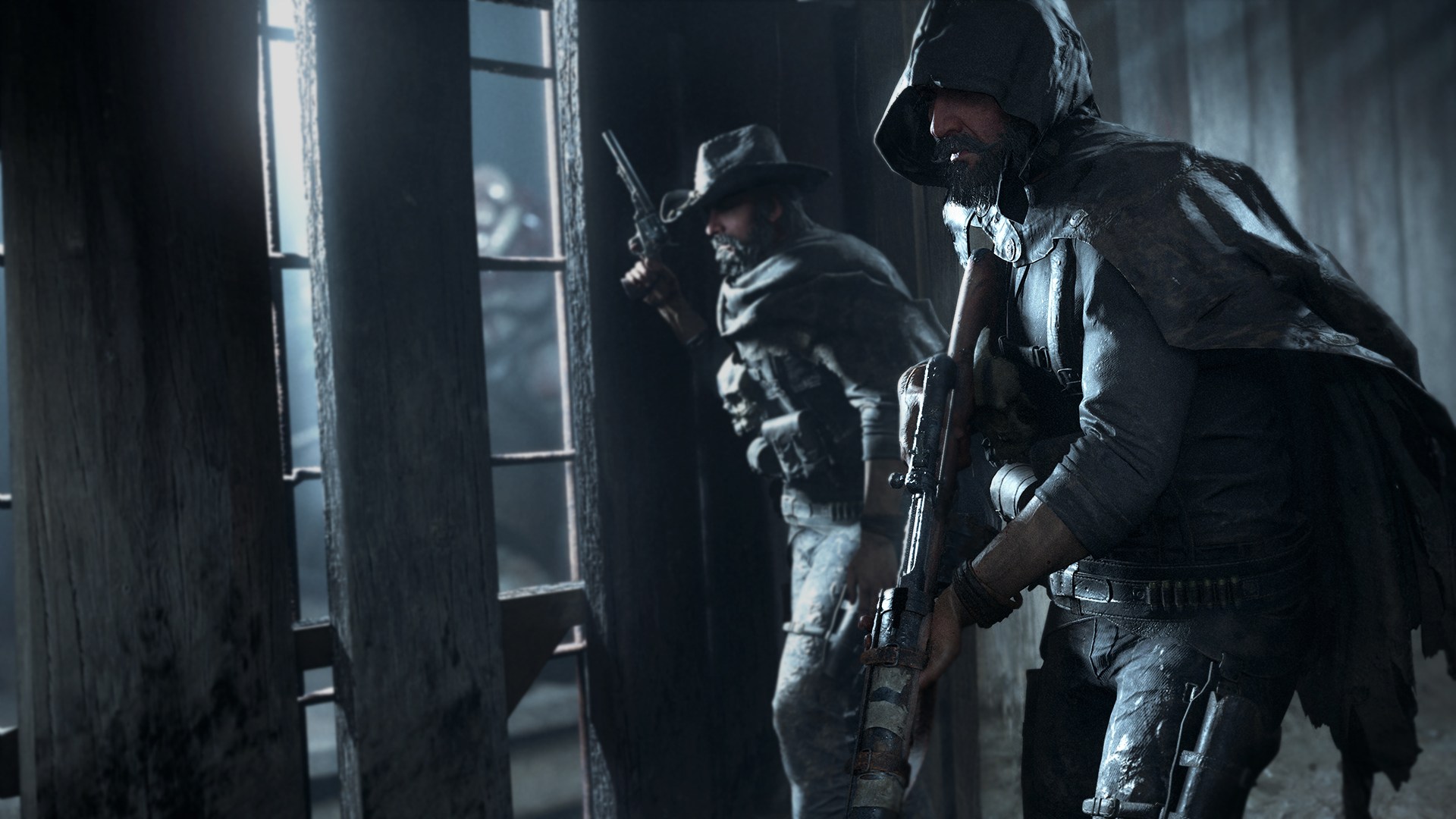
In many ways Hunt: Showdown shouldn’t be on a GOTY 2020 list, not because the game isn’t good, but because of how technically disappointing it is on console. It suffers intermittent hard crashes, which is a particular problem when dying in-game means you permanently lose your character. That being said, when it works (which is most of the time) it is one of the most compelling multiplayer shooters available at the moment.
You take up the role of a “Hunter” tracking down and killing one of three supernatural bosses. There are two modes to play currently – Bounty Hunt and Sole Survivor. In Sole Survivor you are thrust into the world and must find and hold on to the Wellspring to win the game, in Bounty Hunt where the game really shines you can team up in duos or trios to track down and kill one of three supernatural bosses in the world and then escape with the bounty tokens before any of the other players take them from you.
Gameplay is a mixture of PvE with a variety of zombie type enemies roaming the maps that are aggressive and can kill you quickly, and PvP as there are up to twelve players on a map at any given time. Matches can last up to an hour and are a perfect blend of stealth, tactics, and action. I can’t think of another multiplayer game on consoles that has the same atmosphere and manages to consistently keep me on my toes for so long during a match.
2: Spiritfarer
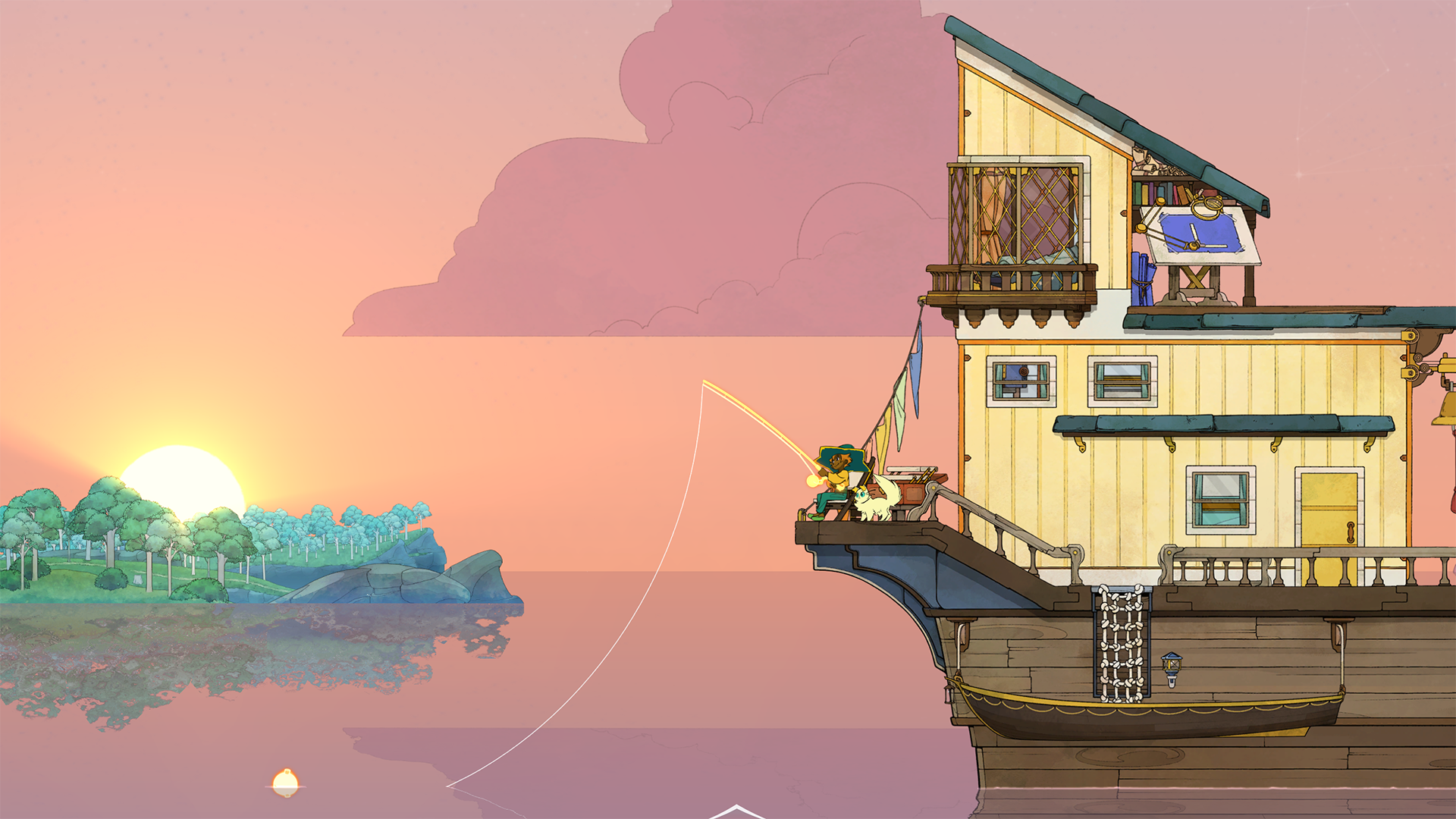
I have made no secret of how utterly captivated by Spiritfarer I was when I reviewed it at release. It is a beautiful game about death that moved me several times during my playthrough.
The subject of death is never a light topic, but Spiritfarer has you looking at it differently. It is filled with joy, even though the interactions you have are tinged with sadness. Stella is tasked with bringing dying souls to the Everdoor so that they can move on to the afterlife, but each passenger on her ship isn’t quite ready. For each one of them, there is something unresolved from their time when they were alive that needs to be confronted and accepted before moving on, and it is your role as Stella to help facilitate that.
Each of the stories is moving, but one in particular resonated with me deeply, and that was the story of Summer. Over the course of your time with Summer, you gradually come to understand that she died from cancer. Her journey with you is about her confronting that cancer, represented in the game as a series of huge sea monsters, and finally accepting that despite it frightening her, it is part of her. Summer’s time on your ship helps her to reach that conclusion and pass on with grace and dignity. Having seen this first hand with a very much loved member of my own family who beat cancer and then eventually succumbed to it when it returned nearly ten years later, I found some peace in escorting Summer to the door.
For me, Spiritfarer is a really special game.
1: Animal Crossing: New Horizons
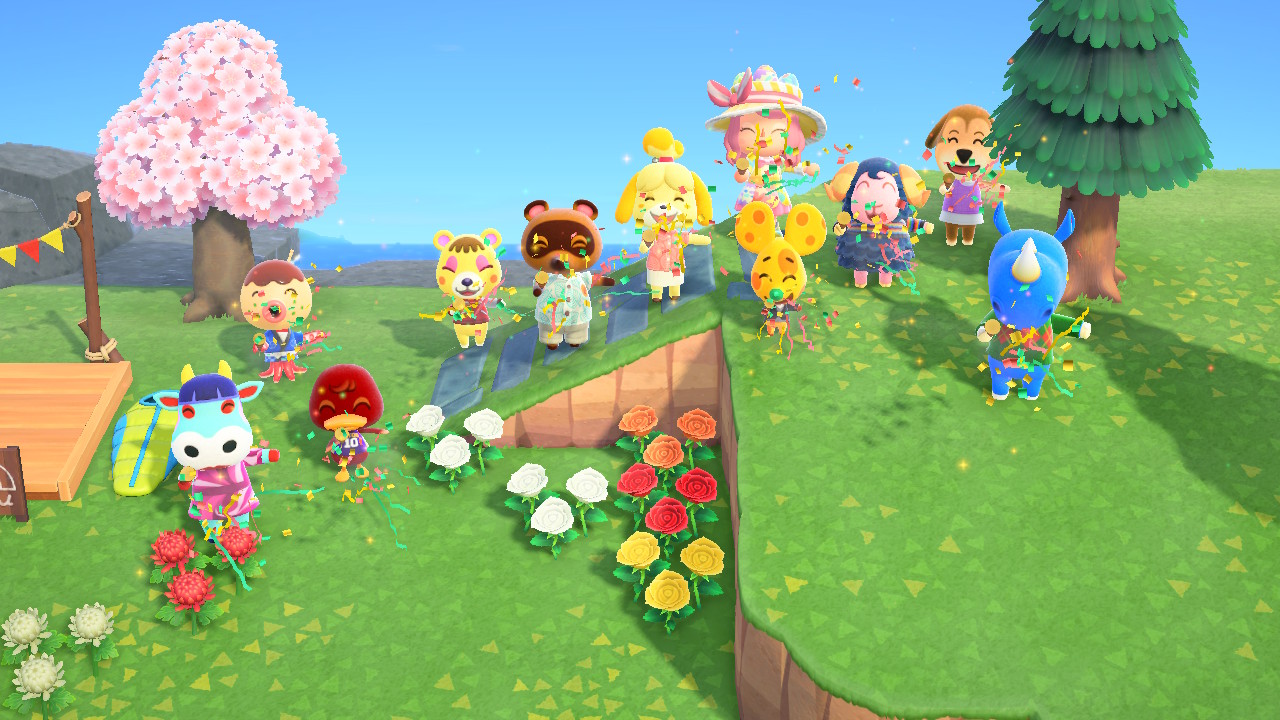
I have never played an Animal Crossing game before, so when New Horizons released back in March I took a bit of a gamble. Lockdown in the UK had just started and I was really looking for something to hide away in and forget about the real world for a bit. Island life did just that and I lost myself for nearly 430 hours before falling off it during the summer.
In any other year, I don’t believe that Animal Crossing would have made my game of the year list, but for 2020 it is a perfect fit. It arrived at a perfect time, and the wholesome, non-combative gameplay captivated me. I have spent many a happy hour shaping and decorating my island, chatting to my neighbours, and generating my own stories with them.
Spending time fishing, catching bugs, and changing outfits on my little avatar has been an extremely cathartic experience for this awful year, and I am grateful that Animal Crossing gave me such a gentle, joyful place to hide in.





